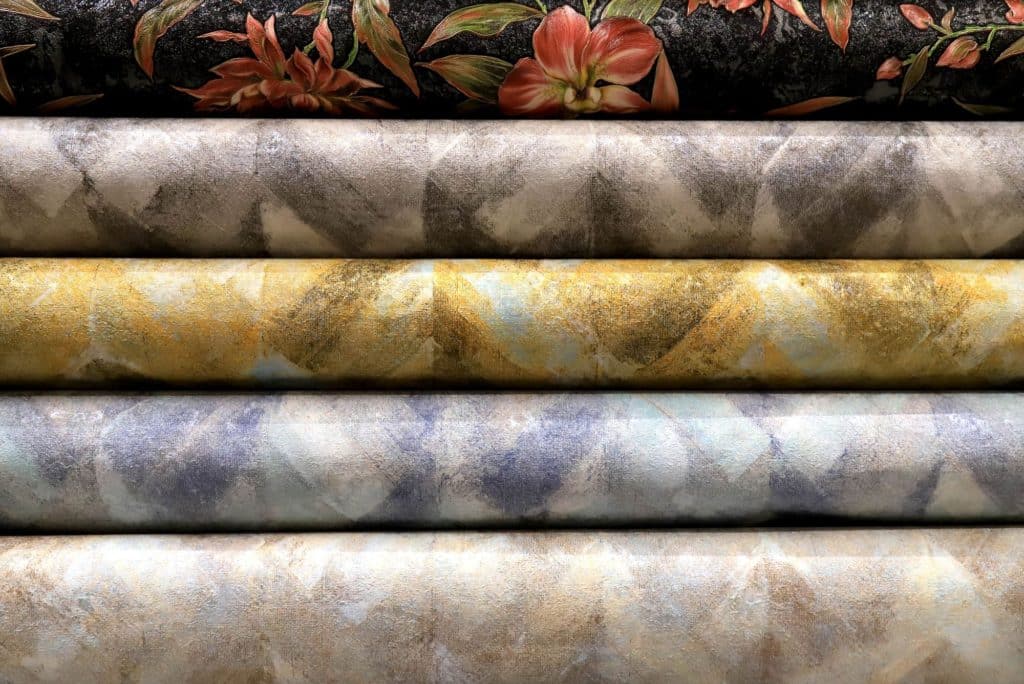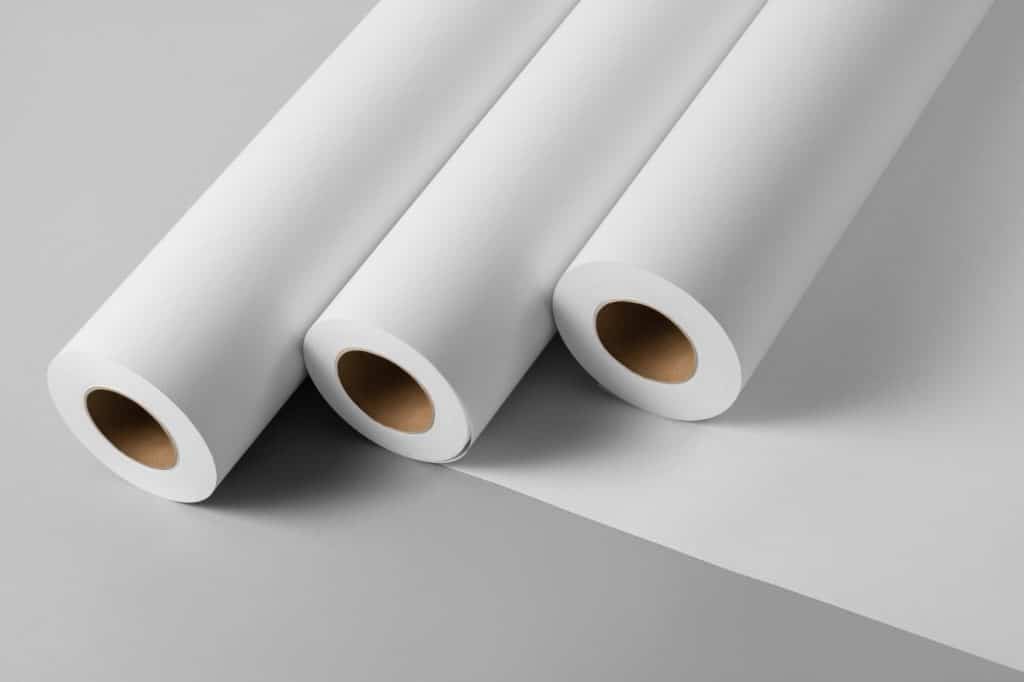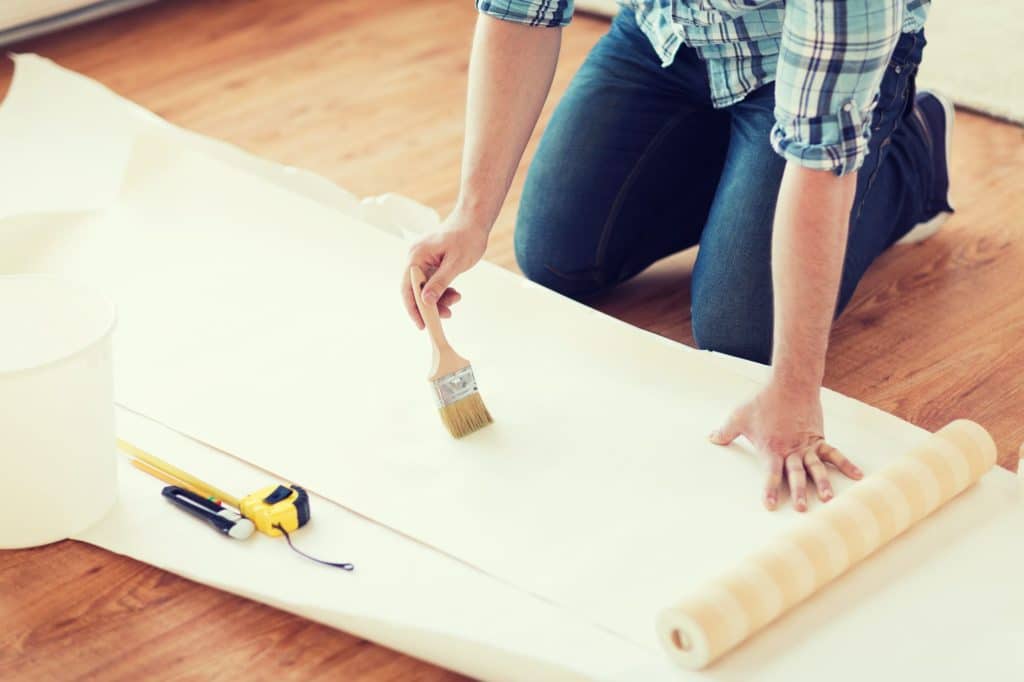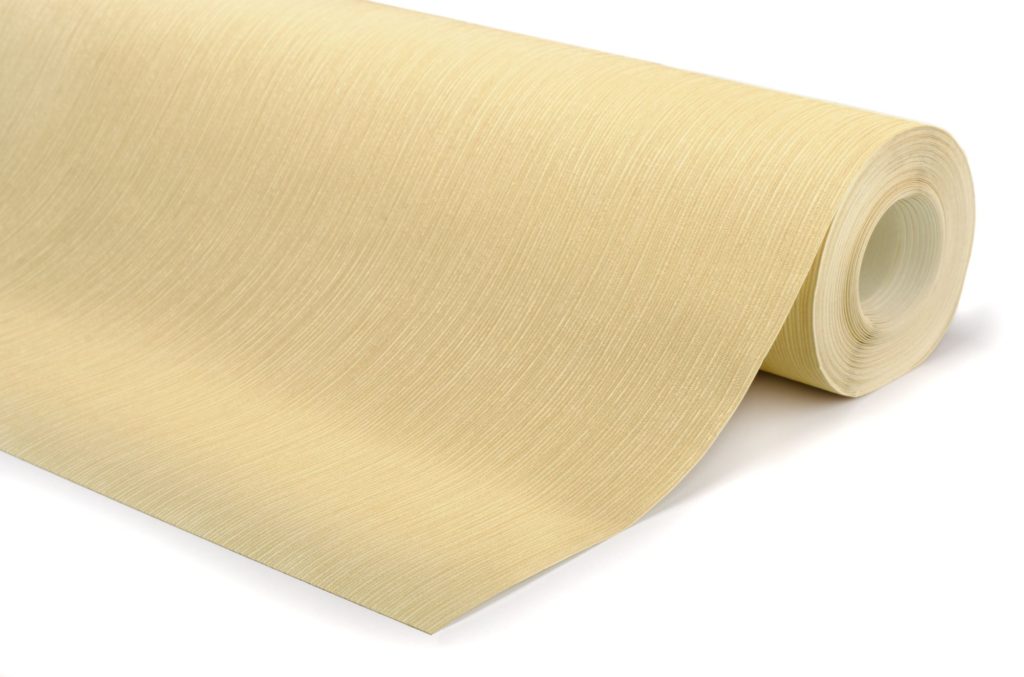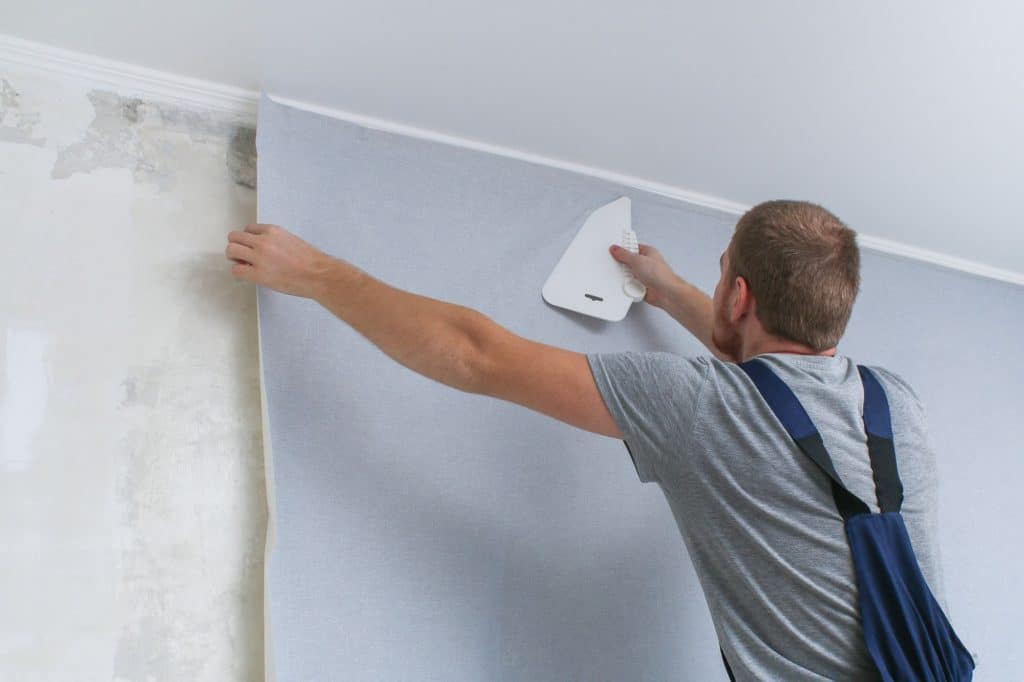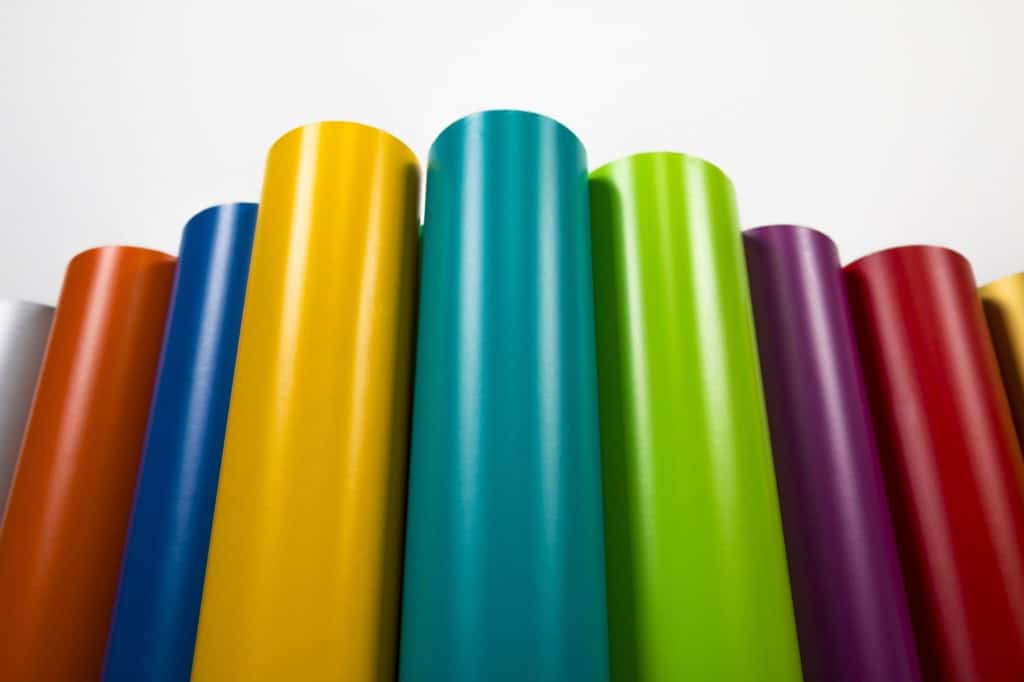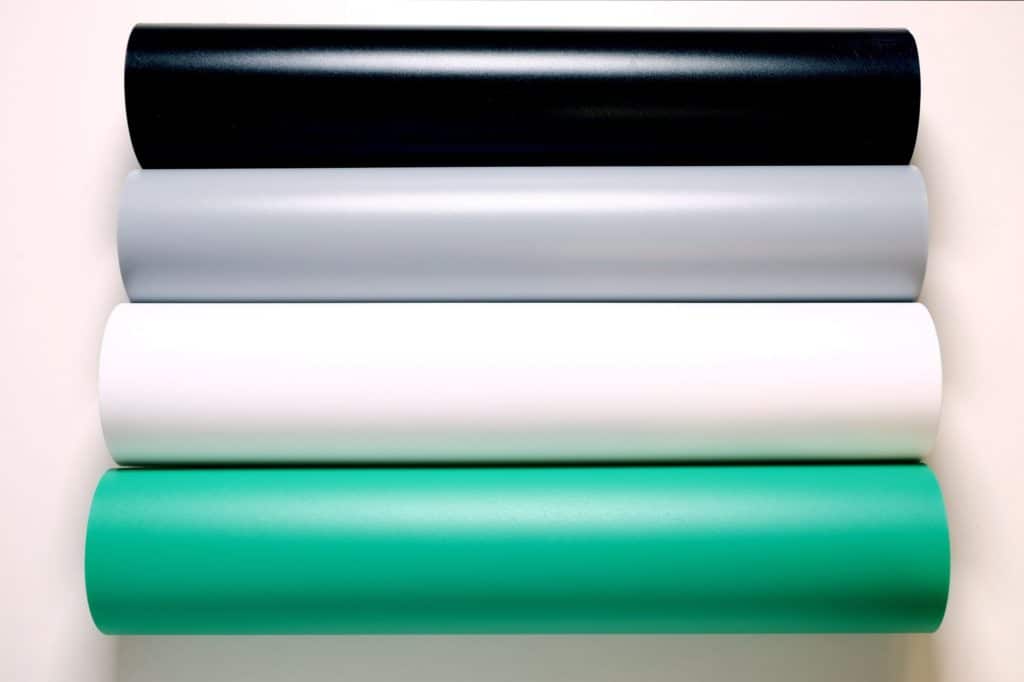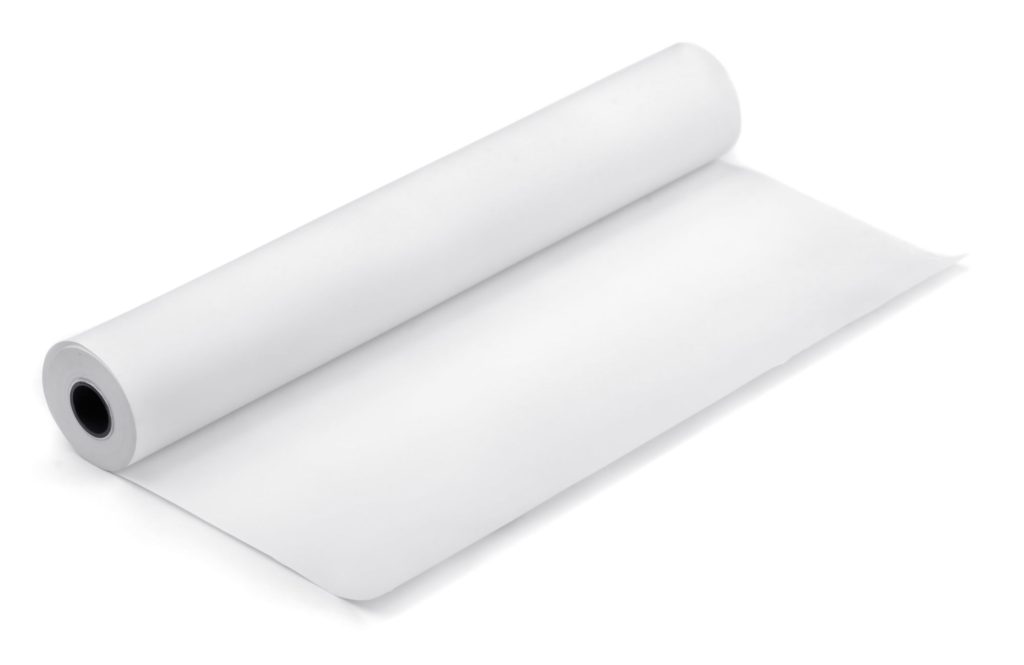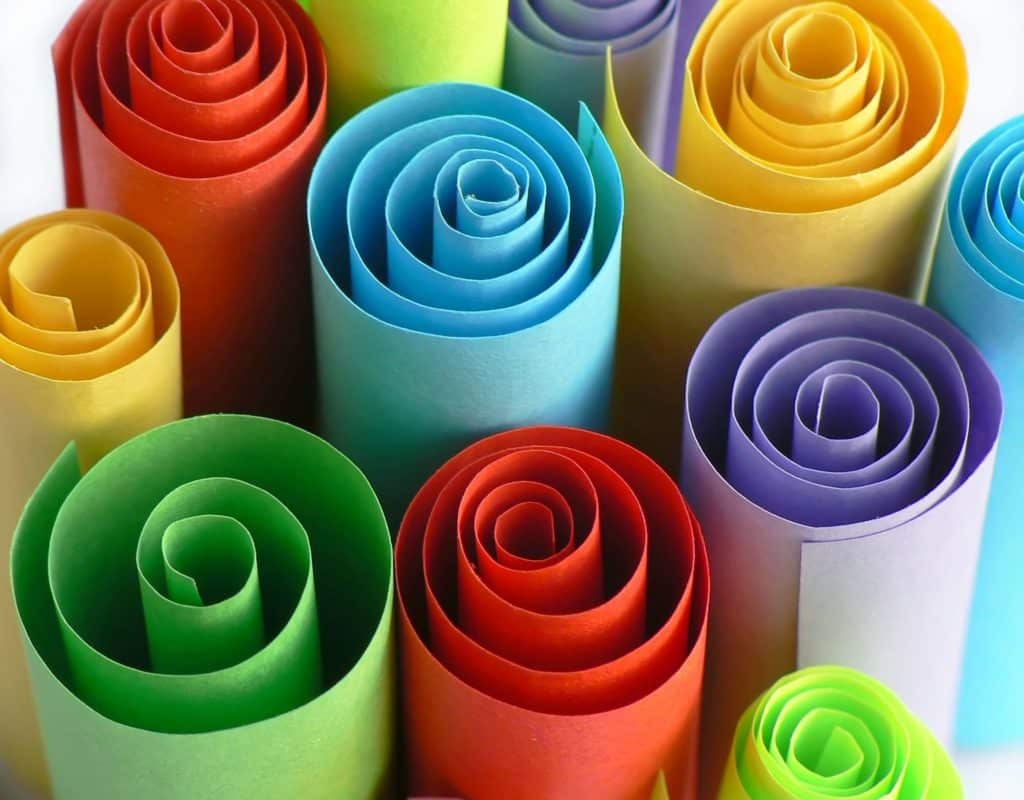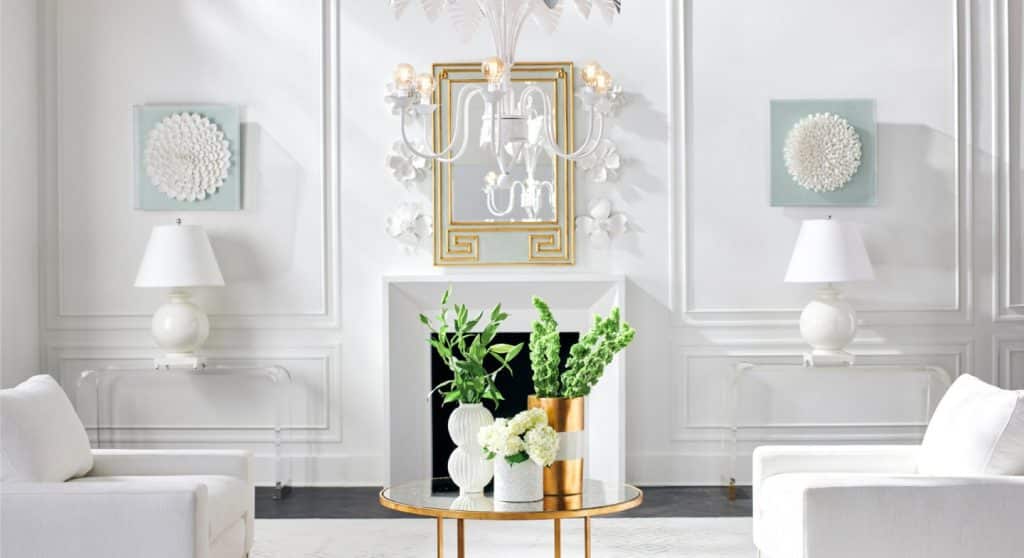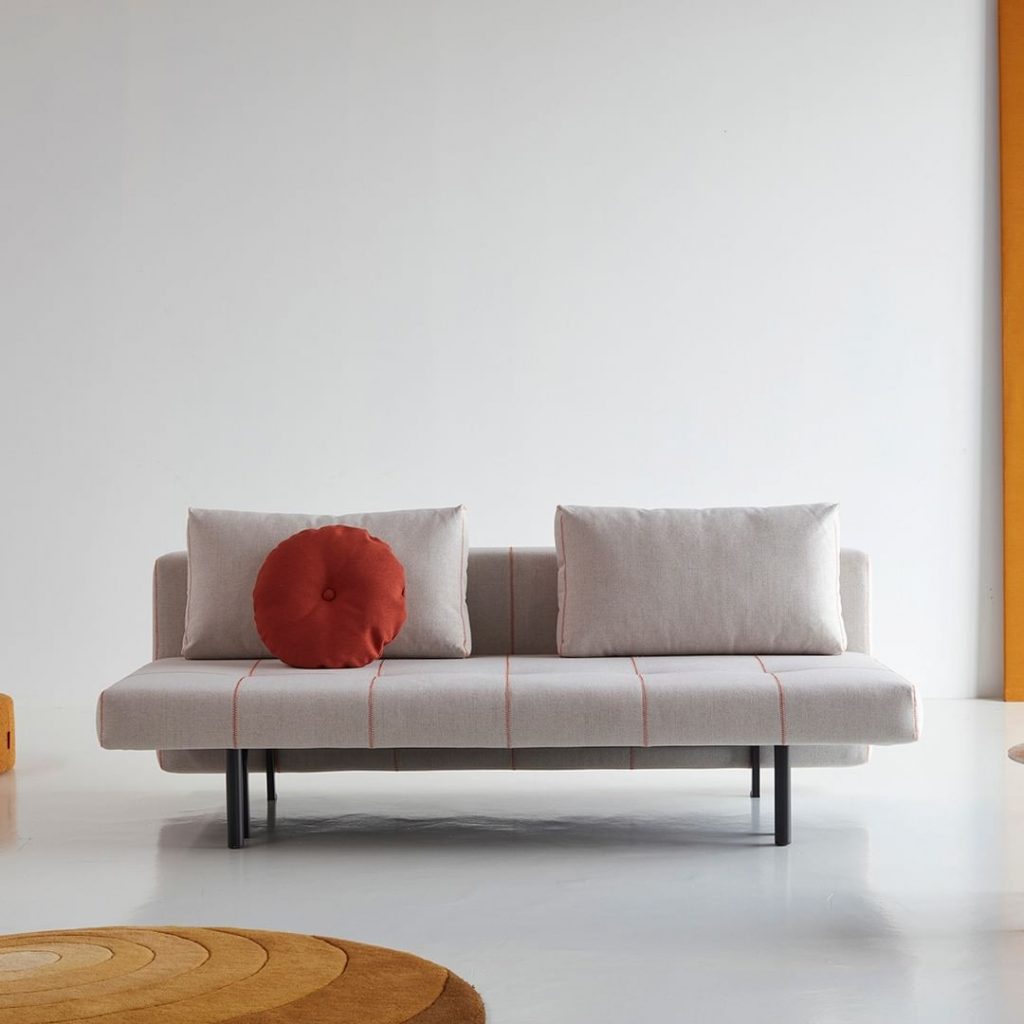Wallpaper is a traditional material for the interior decoration of houses and apartments. They began to be used in the distant XVII century when fabric cloths were used. Now modern production offers a variety of options of wallpaper for the design of interiors of premises. The most common are paper and vinyl.
Read also:
- Mural wallpaper: classifications and main characteristics
- The most popular mistakes in choosing wallpaper
The main distinctive properties of materials
Paper wallpaper is the simplest and most accessible material for pasting walls indoors. They are made, respectively, of paper and can be two- or single-layer. Images, patterns, and drawings are applied to the canvas by printing. Some manufacturers reproduce drawings on rolls using embossing technology. Such products are more expensive and are quite rare, as well as paper wallpaper with a lacquered surface.
Vinyl wallpaper is a canvas of two-layer material. The basis for the production of vinyl rolls can be a canvas made of paper or interlining. In the course of production the layer from vinyl (polychlorinated vinyl) which carries out protective, function, provides decorativeness of a covering and pleasant tactile sensations is put on a basis.
The main distinguishing feature of vinyl wallpaper is its effective appearance. Vinyl decorative coating is very bright and colorful, unlike traditional paper. The surface of rolls with a vinyl layer has the expressed relief texture and can imitate any textured materials.
In addition to these differences, vinyl and paper wallpaper differ in other parameters:
- Strength. Two-layer materials with a polyvinyl chloride covering have higher density and, accordingly durability, than paper cloths;
- Ability to maintain the original appearance. Rolls of paper wallpaper are more susceptible to external factors and, in particular, burnout under the influence of sunlight. At the same time, the vinyl covering thanks to the durability and production technology can keep for many years aesthetic appearance, the original relief texture and brightness of colors;
- Moisture resistance. This distinctive feature is a key advantage of vinyl wallpaper, as it provides them with an aesthetic appearance and attractiveness of the coating even after a short exposure to moisture. Even if PVC surfaces are regularly wiped clean of dust or small dirt with a damp cloth, the material will not lose its decorative properties.
Advantages and disadvantages of materials
With a number of distinctive qualities, vinyl wallpaper and paper have a similar feature – they are almost equally glued to the walls. First, the back of the wallpaper and the walls are covered with an adhesive composition, then they are connected and glued with a roller, which expels air and provides good adhesion of surfaces.
In addition to the differences, each of these finishing materials has its advantages and disadvantages.
Pros and cons of vinyl rolls
The advantages of materials are considered to be:
- high strength, density;
- resistance to moisture;
- resistance to temperature changes;
- long service life (up to 15 years);
- possibility of repainting;
- ability to imitate textures of various materials (wood, stone, decorative plaster);
- the possibility of forming an unusual and original decorative texture and giving incredible shades to the coating;
- ability to hide defects and irregularities of walls.
Of the disadvantages are the relatively high cost and sometimes toxicity of materials.
Pros and cons of rolls of paper
The advantages of paper wallpaper include:
- wide distribution and a wide range of materials;
- rich palette of colors;
- affordable price;
- practicality and convenience of pasting of walls with a possibility of frequent change of an interior;
- “Breathable properties” of materials that prevent the formation of condensation and moisture between the wall and the layer of wallpaper, which is fraught with the development of fungus and mold;
- environmental friendliness of raw materials;
There are more disadvantages to paper wallpaper than to vinyl. For example, rolls of paper webs have a short service life. Due to the low wear resistance and tendency to burn out, they will have to be replaced 4-5 years after pasting the walls. In care, they are also more whimsical – they can be cleaned only by dry method. In addition, it is important to apply paper wallpaper on carefully prepared surfaces – pre-aligned and plastered walls.
Given the differences and properties of finishing materials, we can assume that vinyl wallpaper is better to buy for interior design in rooms prone to pollution and accumulation of excess moisture. And it is better to get paper rolls for the pasting of walls in children’s rooms, drawing rooms and a bedroom.
